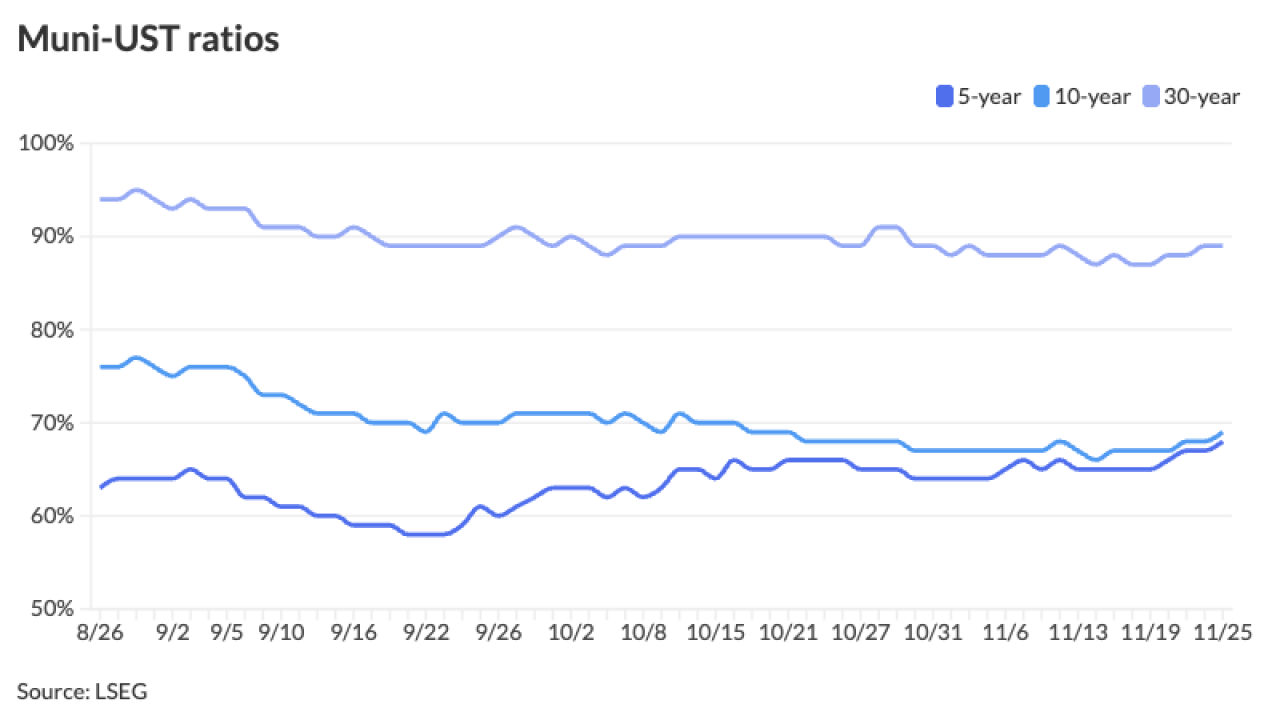
SAN FRANCISCO — Improved disclosure and transparency will help California’s leaders make the argument for improved infrastructure, State Treasurer John Chiang said Wednesday.
Chiang wants to use the treasurer’s office to foster long-term thinking that California is sorely lacking and arguably has lacked since Pat Brown was governor in the 1960s, Chiang said at his keynote address to the California Debt and Investment Advisory Commission’s event before the Bond Buyer’s California Public Finance Conference.
“We are still living off of Pat Brown’s investments,” he said.
One of the challenges the state faces is to persuade people of the importance of long-term investment in an environment where many of them distrust the financial markets, Chiang said. That’s where transparency comes in.
The state has made progress in governance and management evidenced by its boosted bond ratings, but people still ask what the long-range plan is, Chiang said.
“We need an examination of all the infrastructure needs, not just at the state, but at the local level,” Chiang said in an interview.
Such a study would need to come from the governor and the state legislature, however, not the treasurer’s office, Chiang said. His office’s role would be to provide education.
The state needs to look at its schools and bridges and determine what needs to be funded locally and what should be funded at the state level, he said.
The plan could then prioritize which projects need immediate attention and which ones can be a step or two down the priority list.
The state’s infrastructure needs have not really been looked at as a whole, he said.
“We need to know what the highest priority needs are,” he said.
Chiang doesn’t think such a study would take more than a few years.
That analysis would not come from the treasurer’s office, but through the governor and the state legislature, Chiang said. The treasurer’s role would be to provide education about what the avenues are for financing the state’s needs, he said.
The treasurer is also exploring how the state could set up a system to provide direct access to bonds as Massachusetts is doing, Chiang said.





